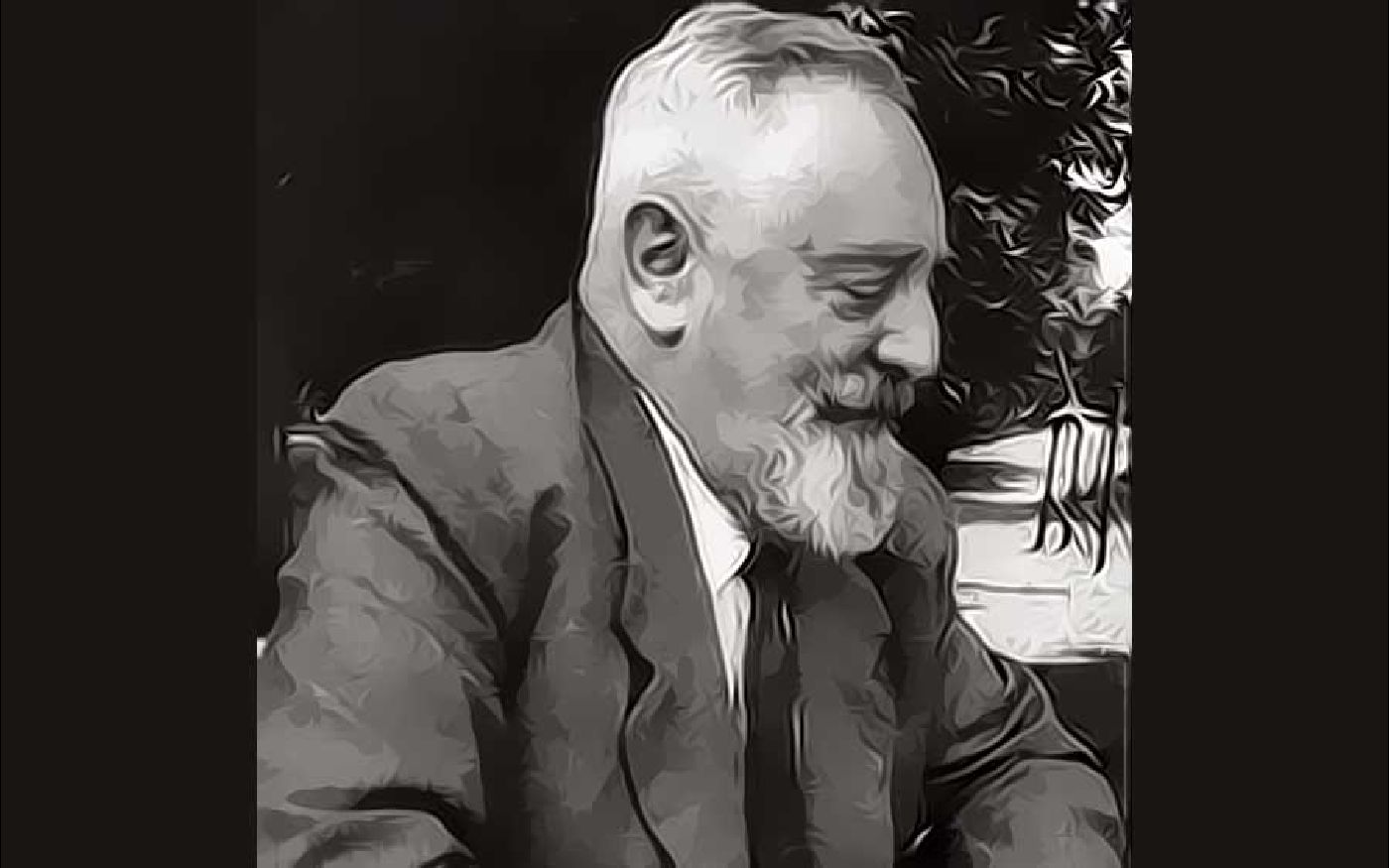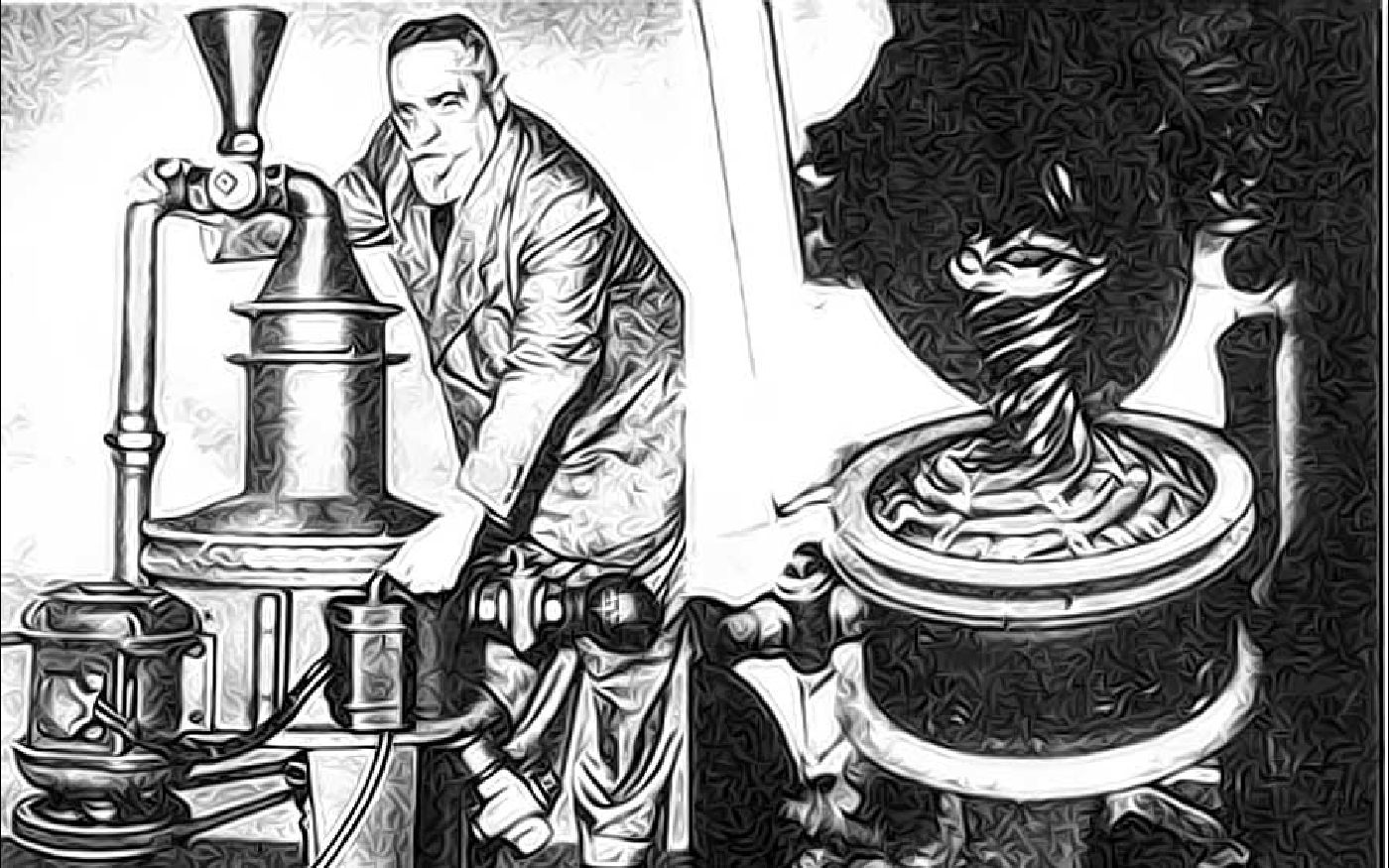
He was critical of textbook theory and the arrogance and lack of imagination of 'experts' and refused to go to college, believing that he would lose his intuitive gifts.
Schauberger was also gifted with engineering skills which are apparent in his environment-friendly technology and implosive energy devices designed to release people from enslavement to destructive sources of energy.
He is celebrated for his discoveries in the water sciences, agricultural techniques, and the energy domain – which energies enhance and which harm life.
Schauberger provides us with a comprehensive and holistic approach to understanding Nature. His insights form the foundations of what might be called a 'science of Nature'.
